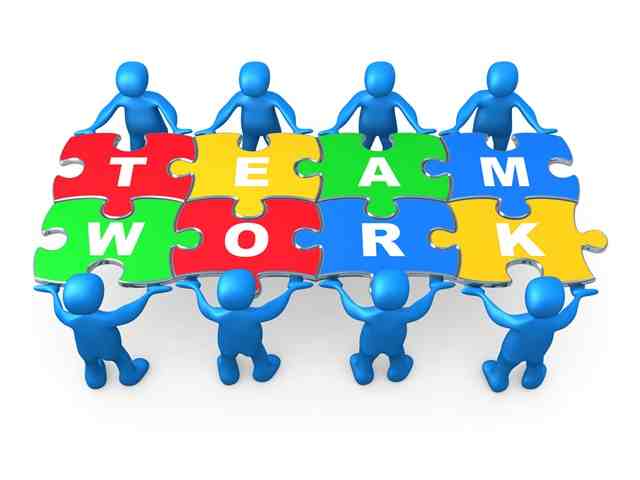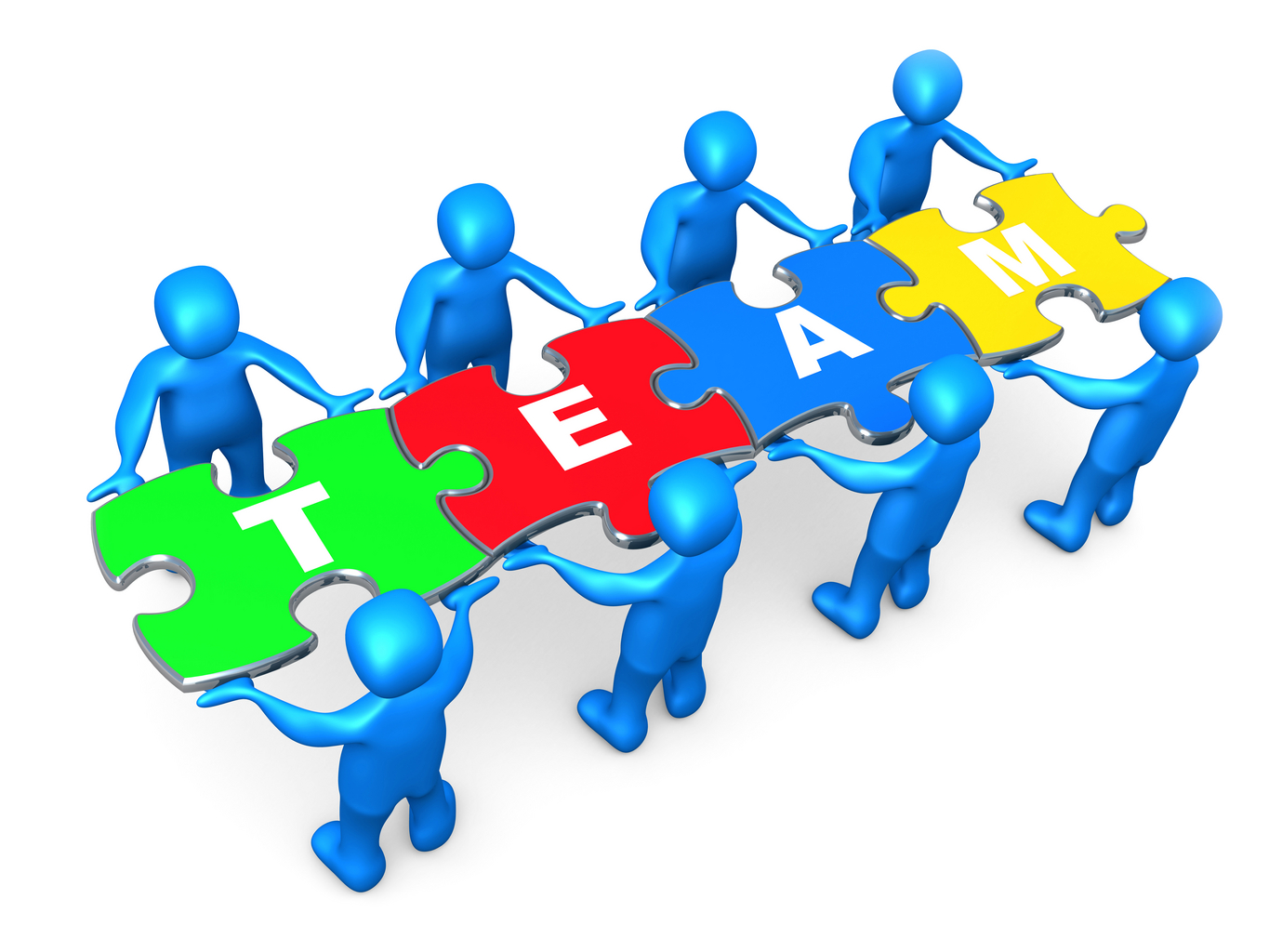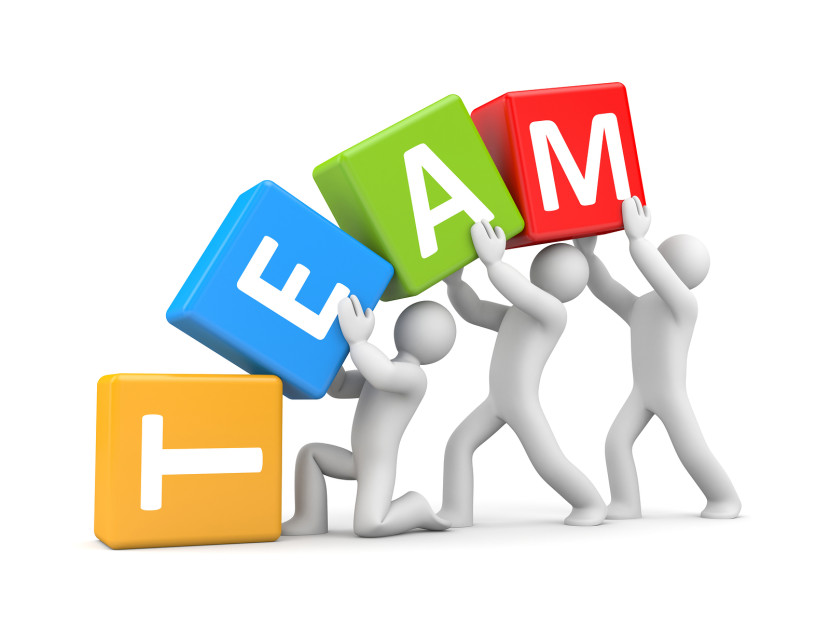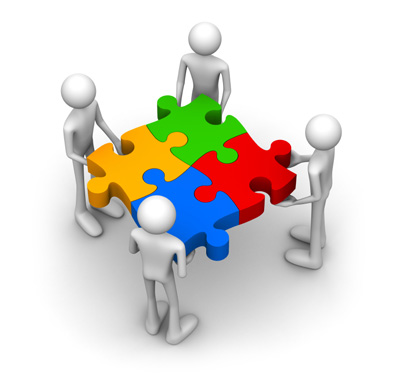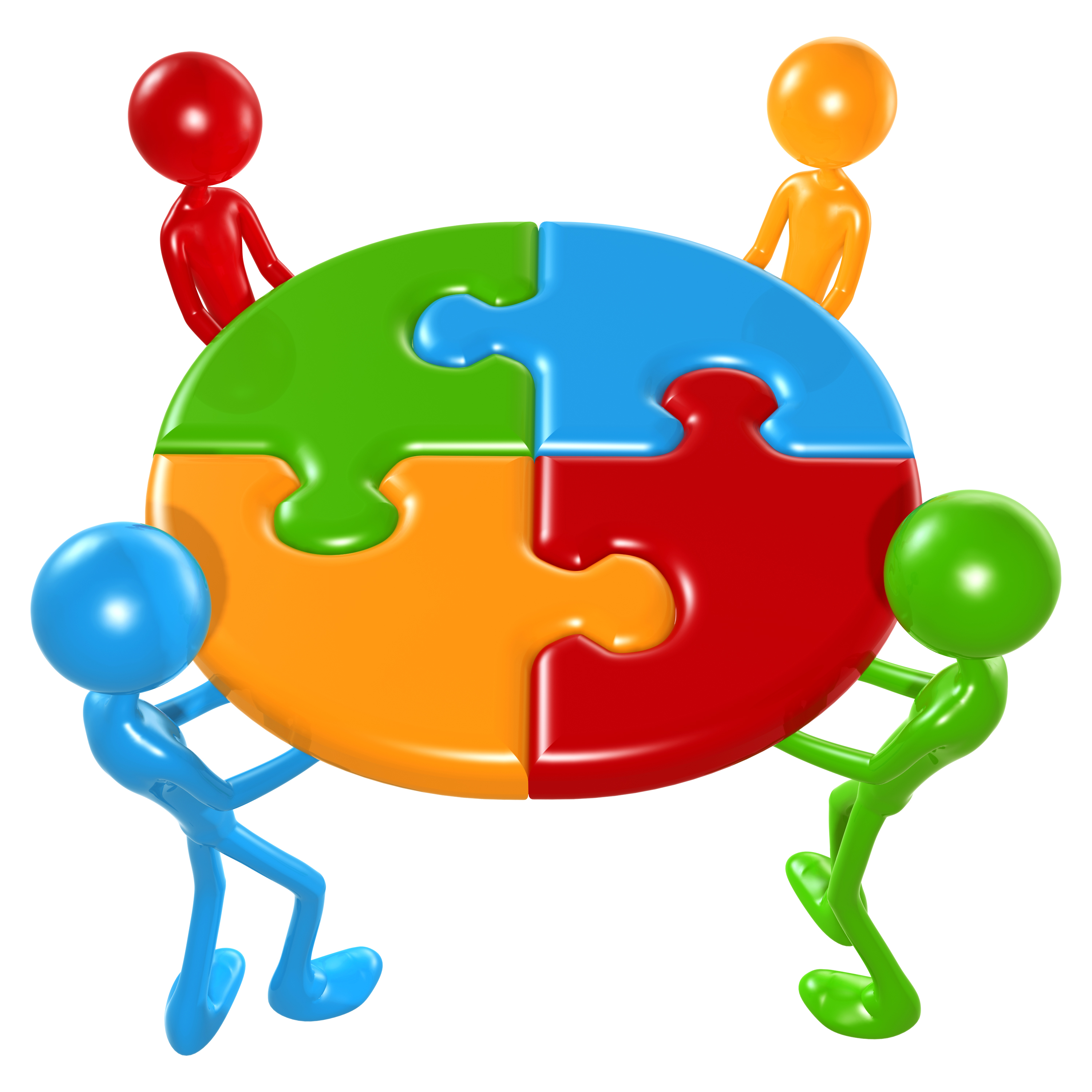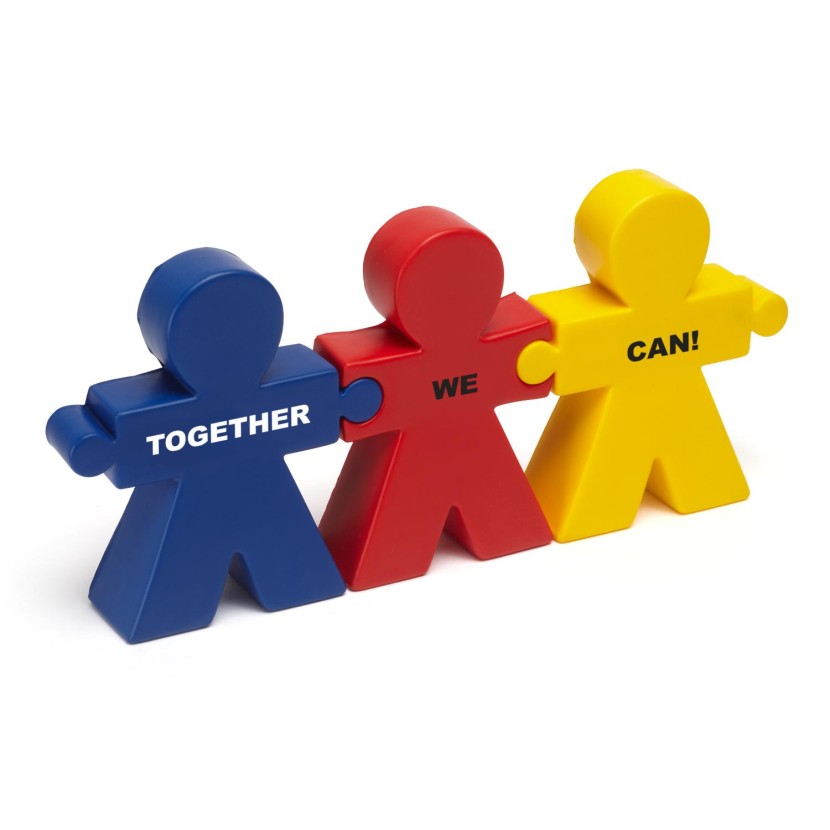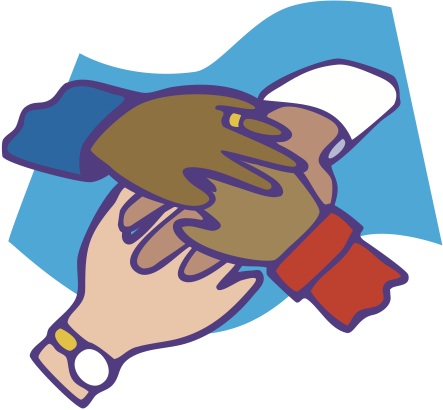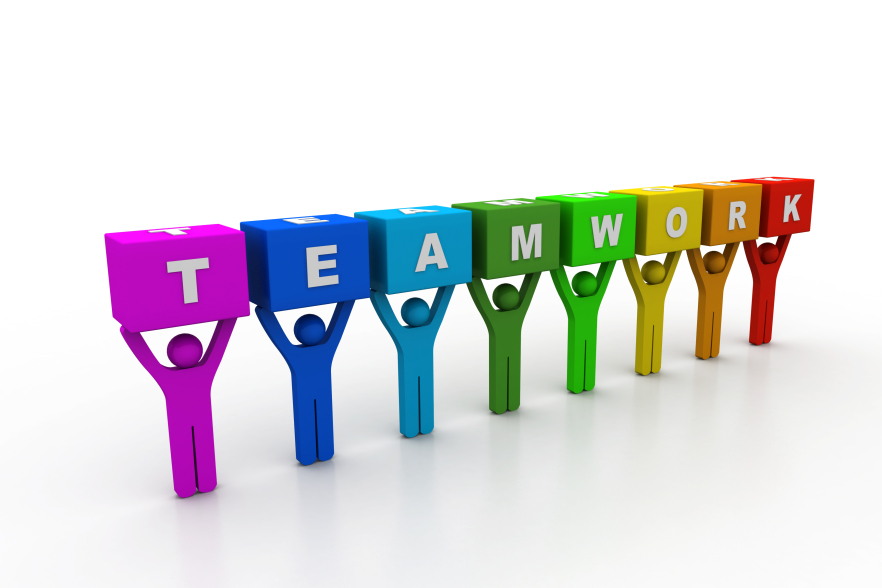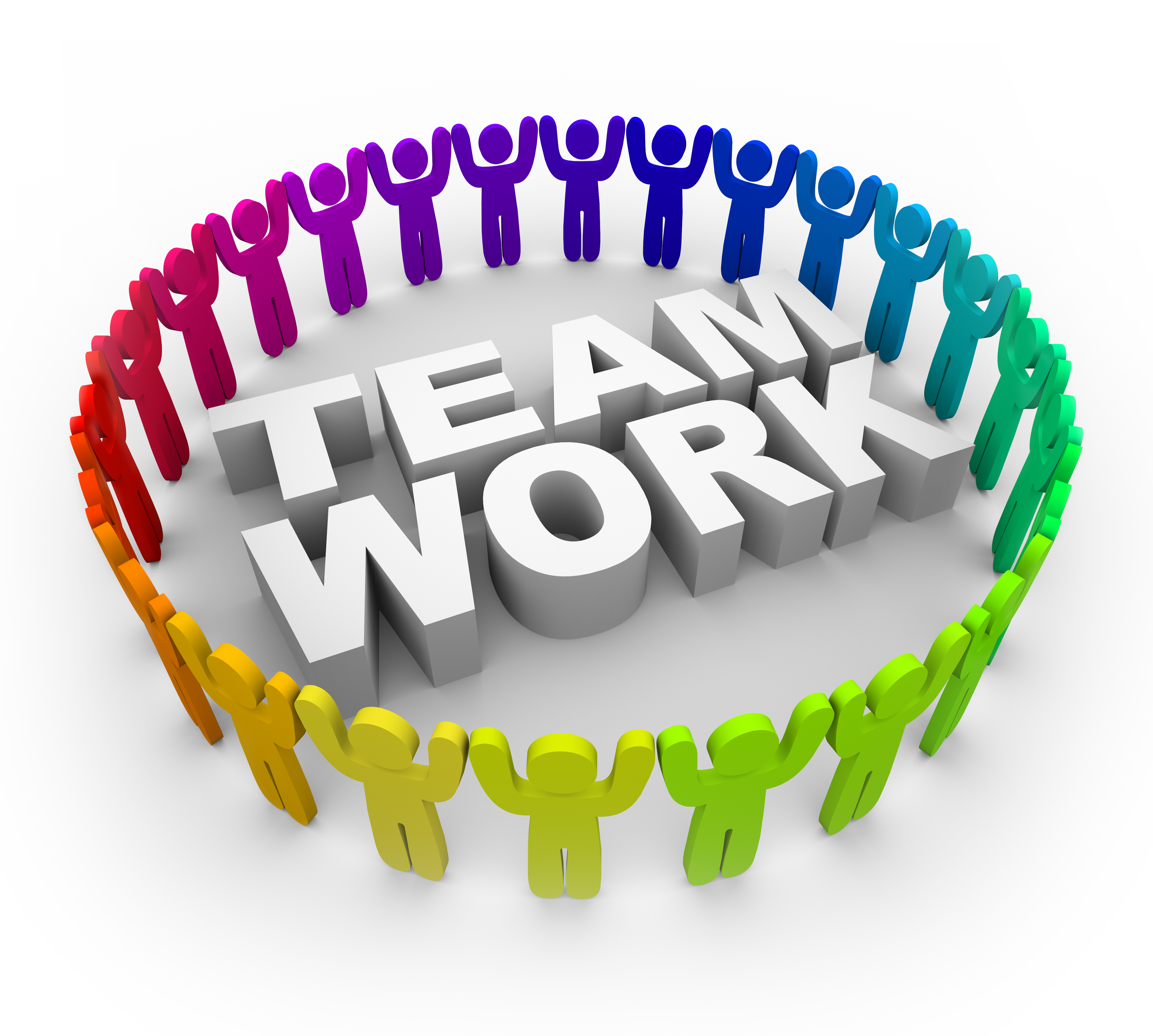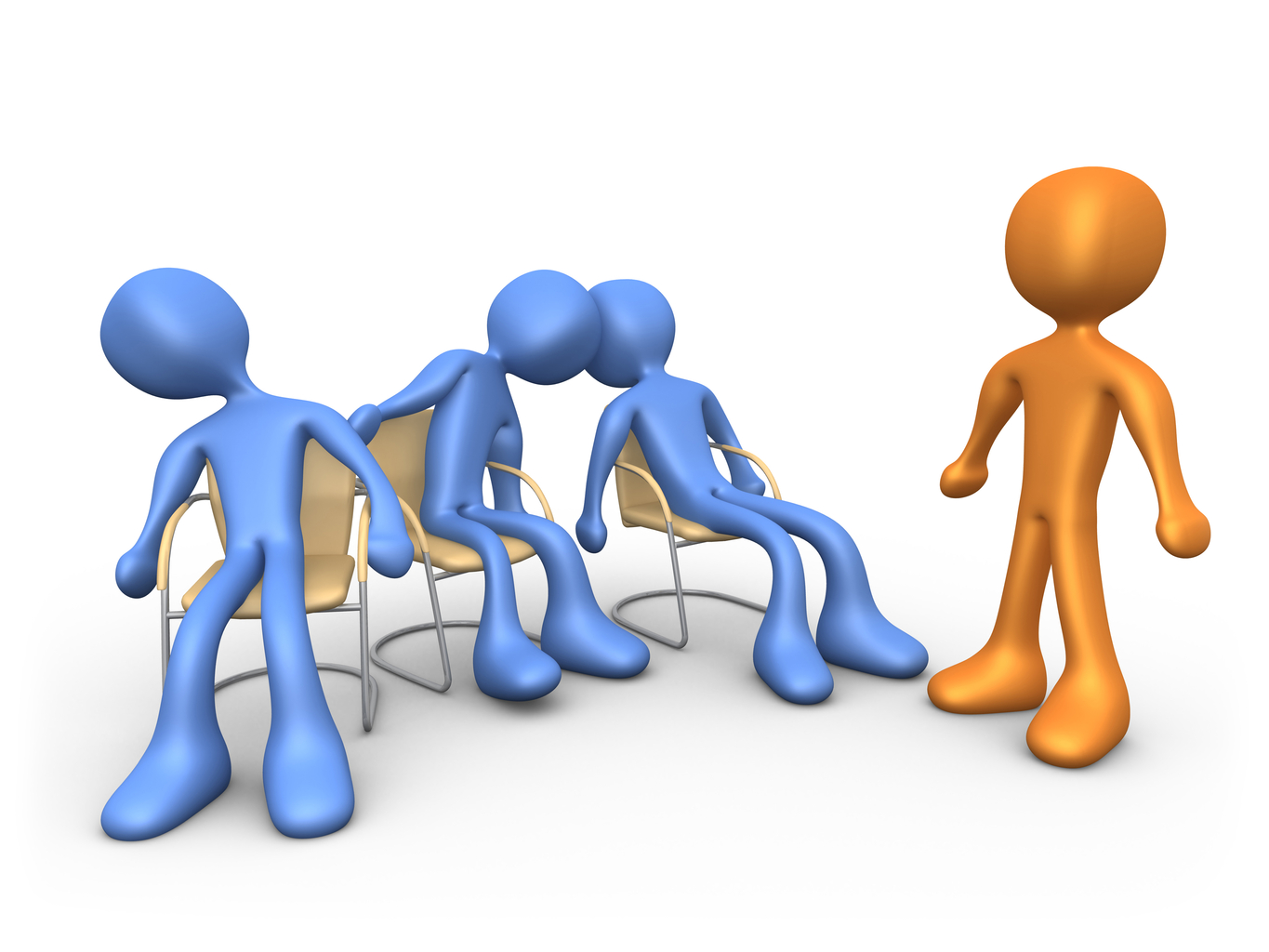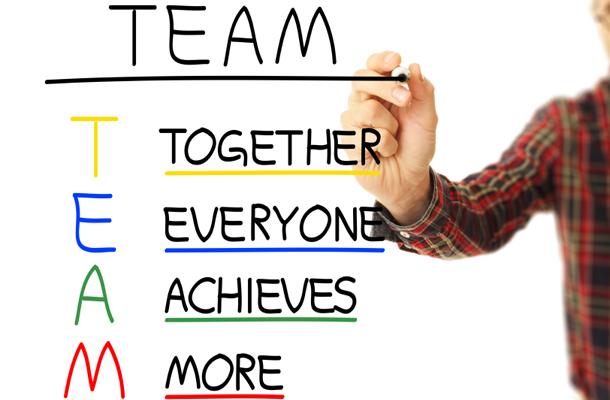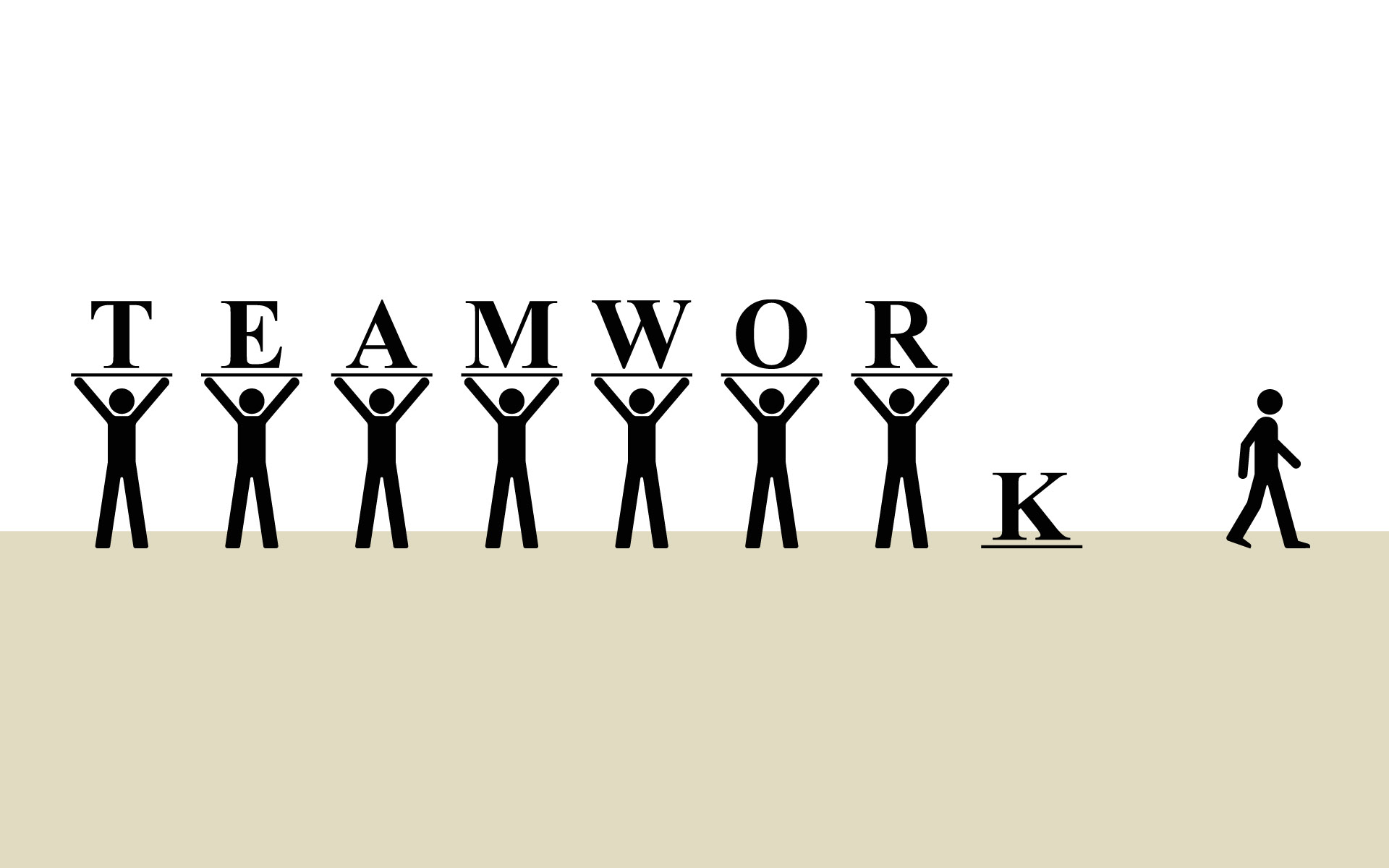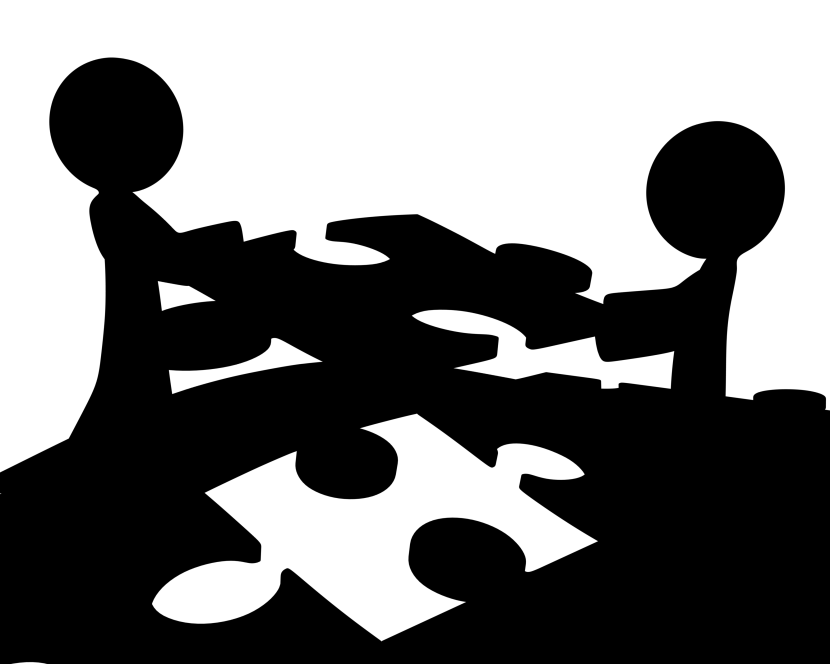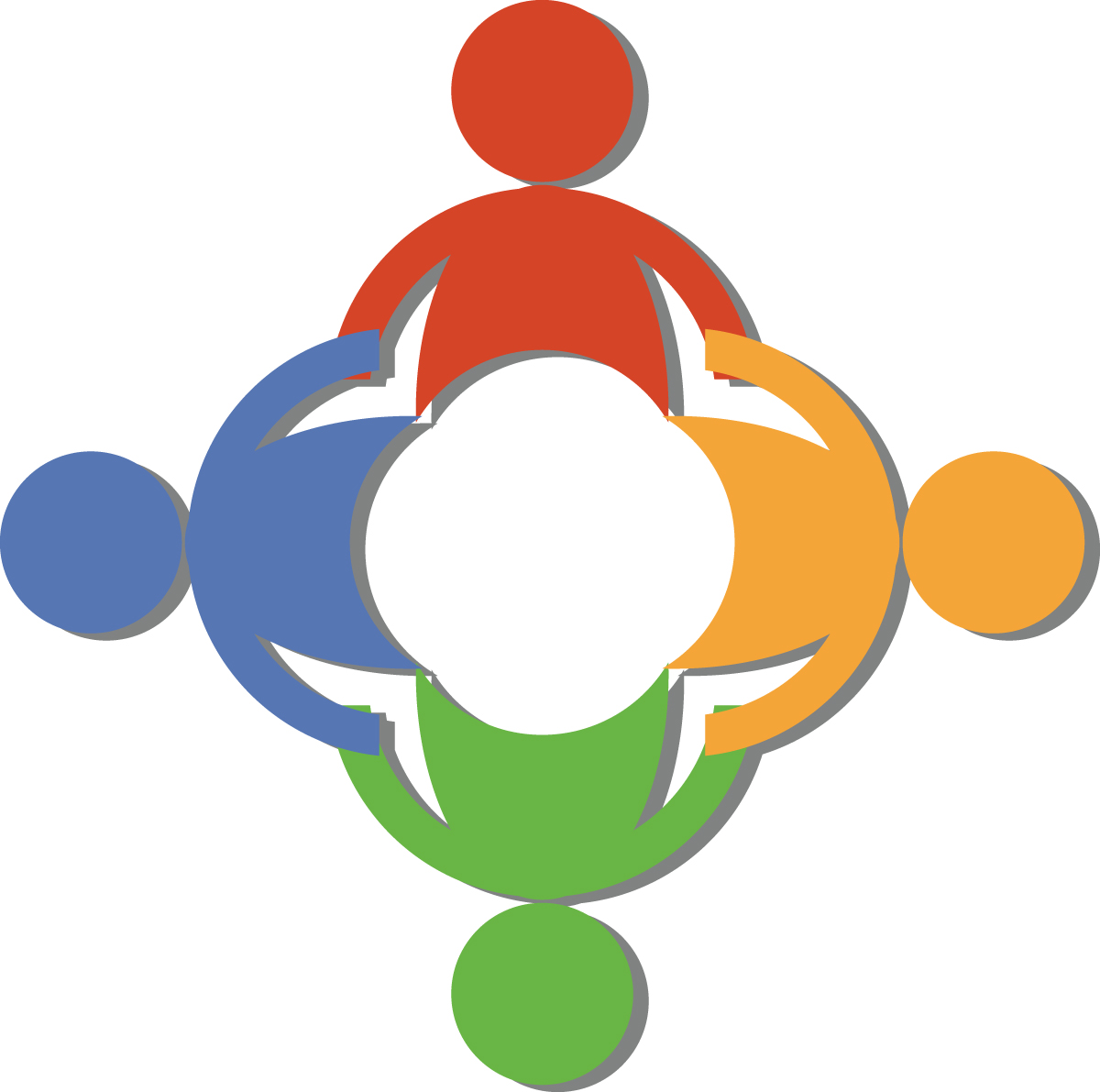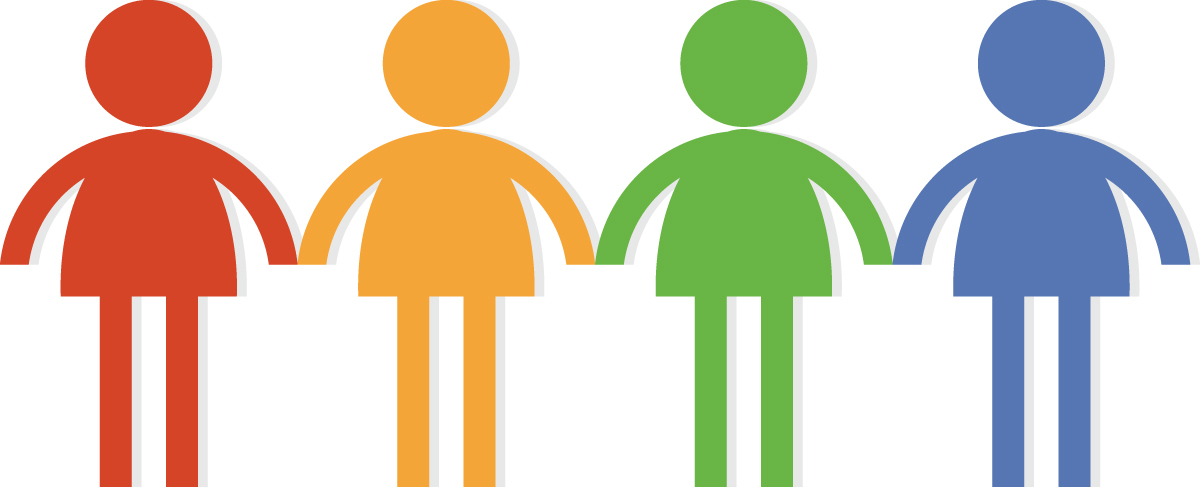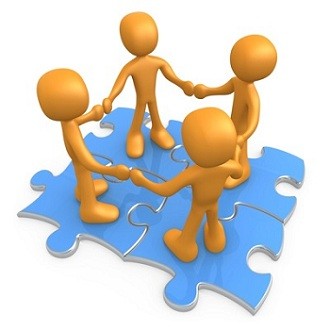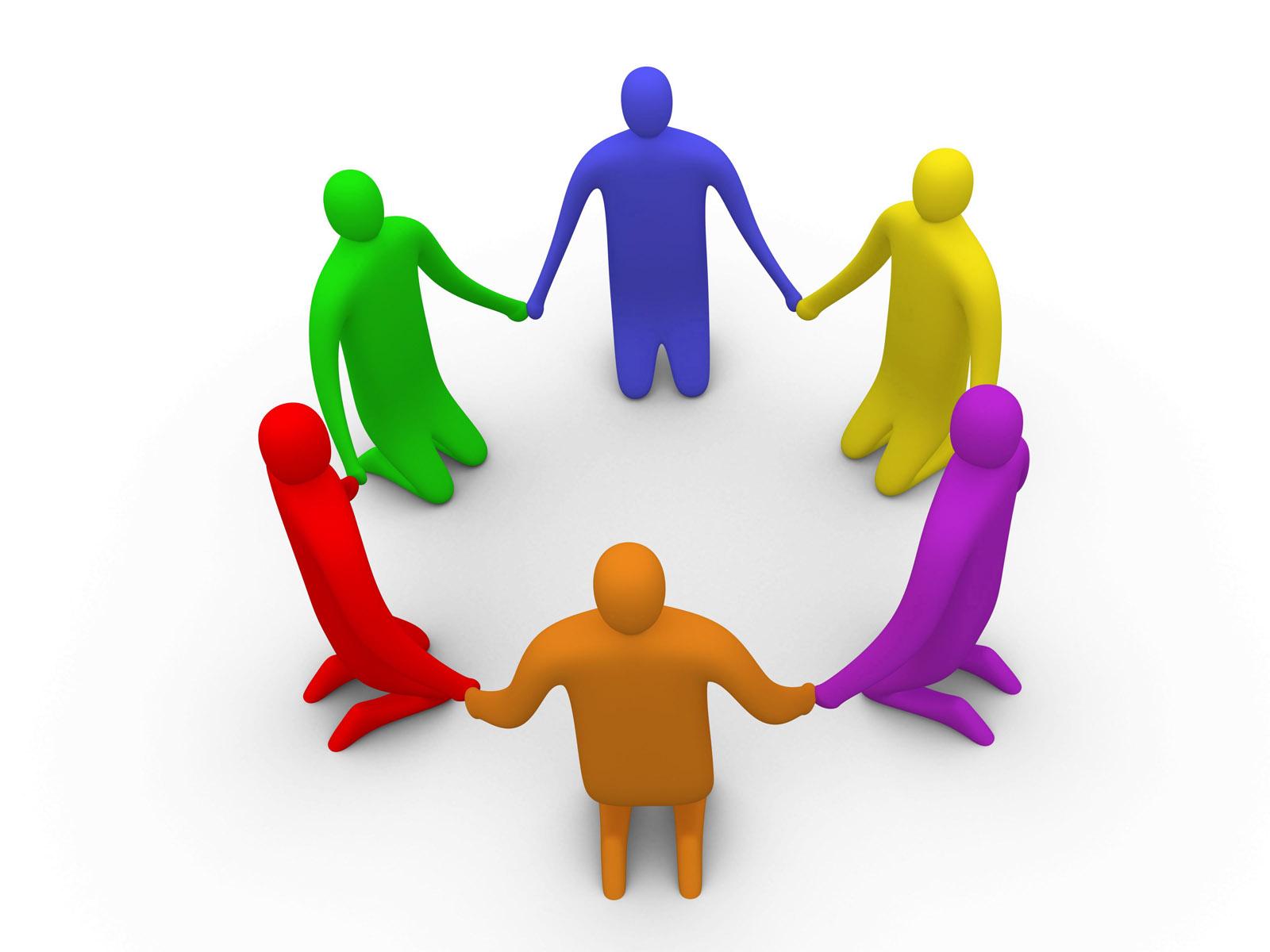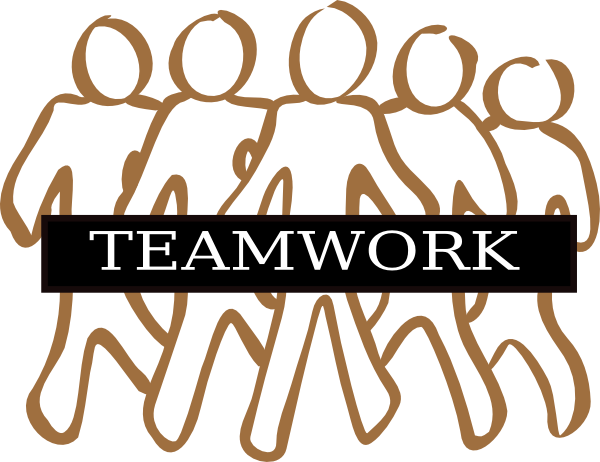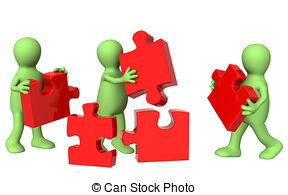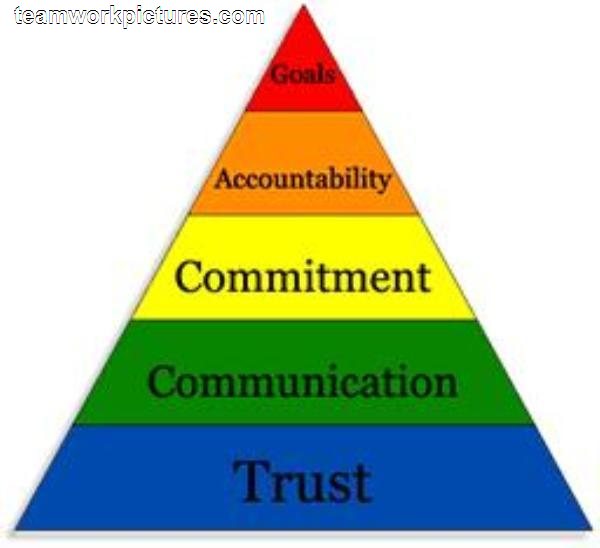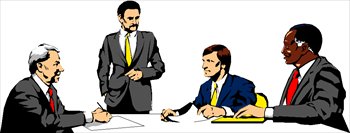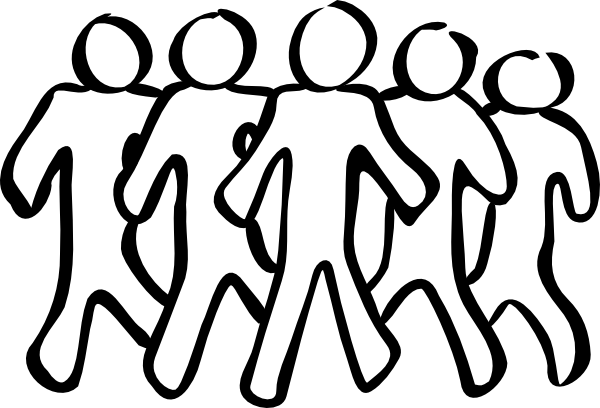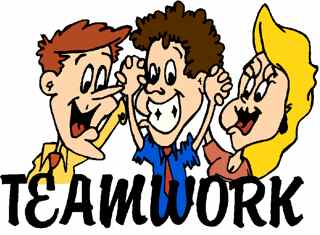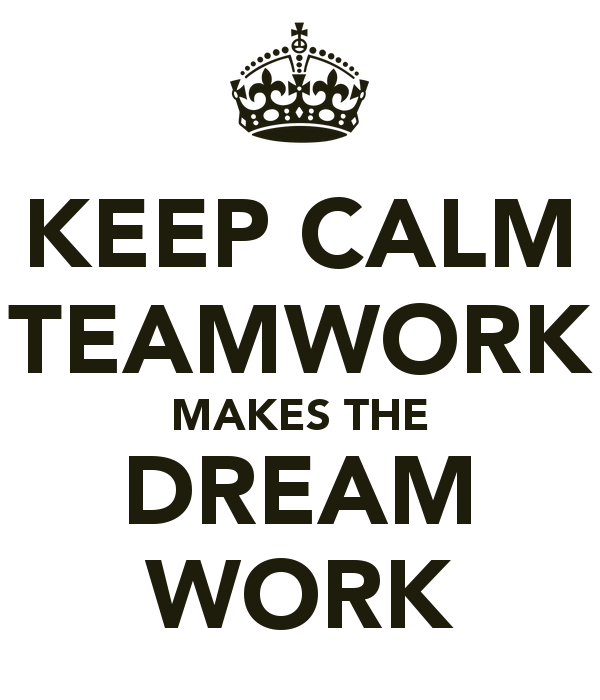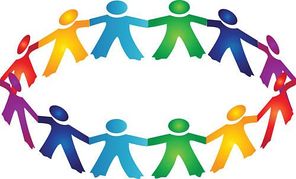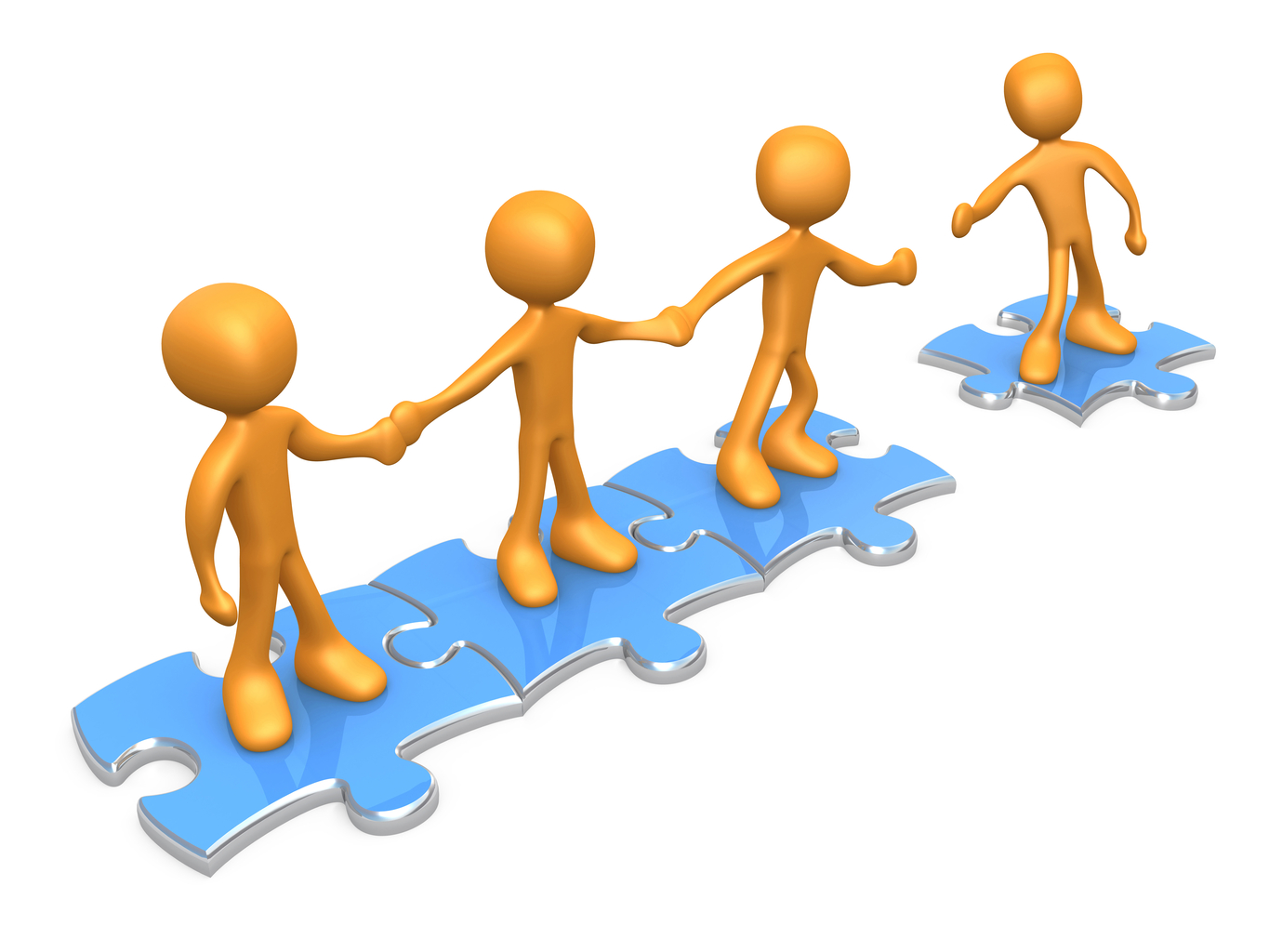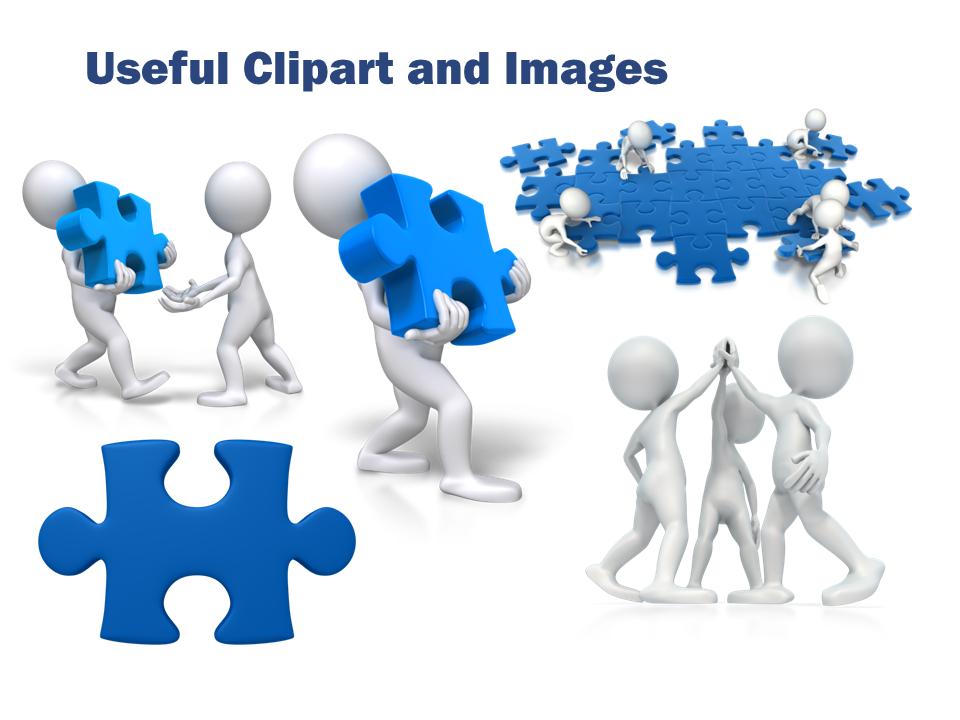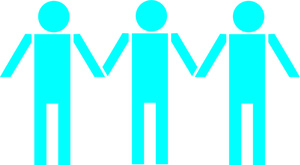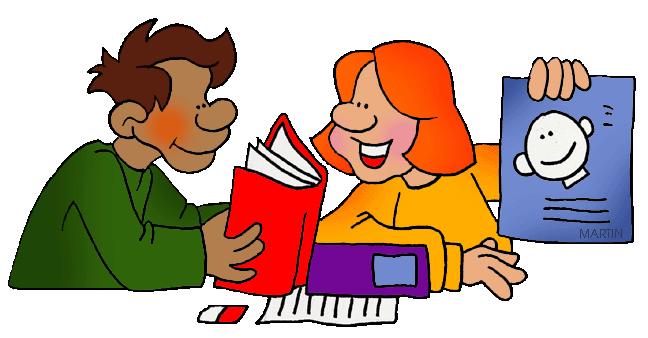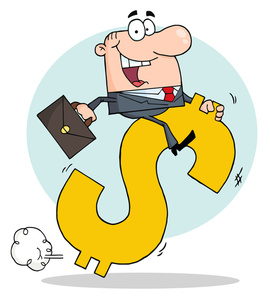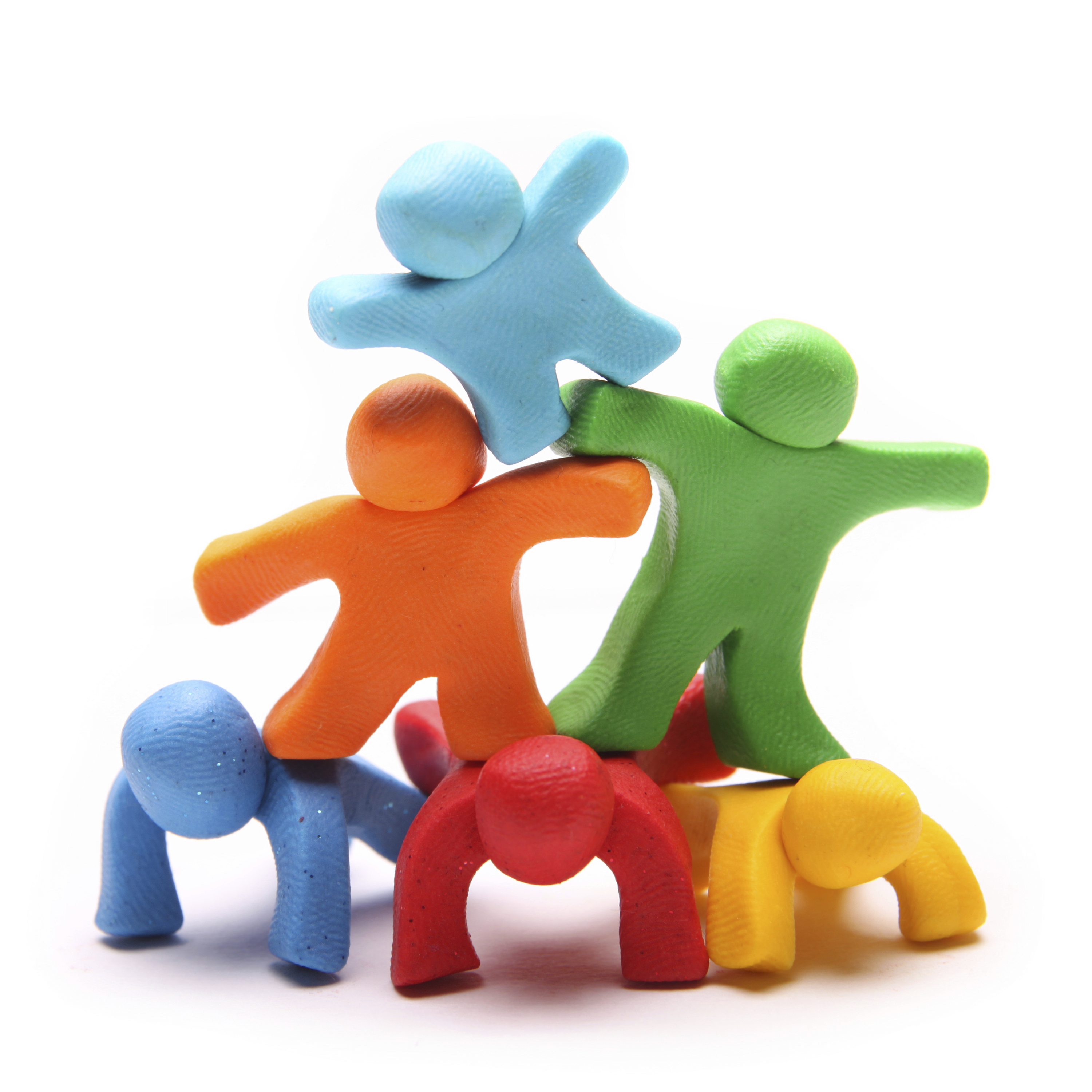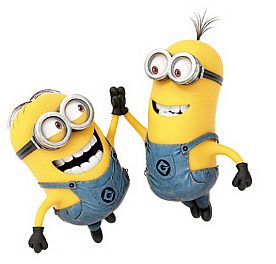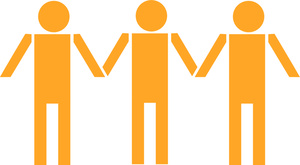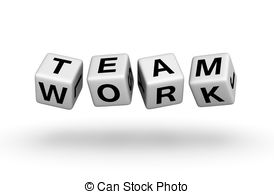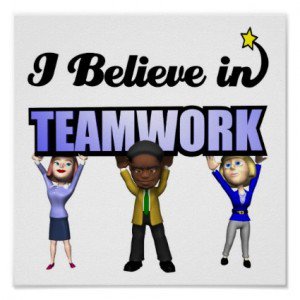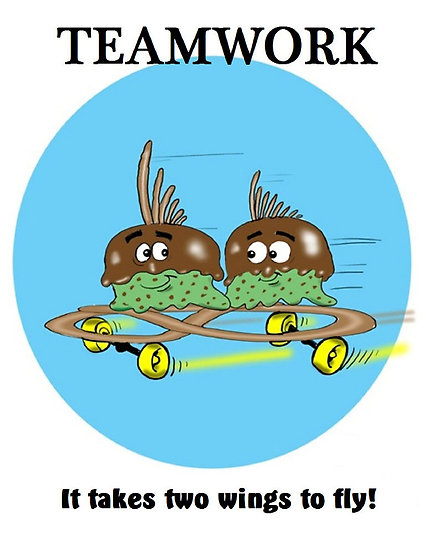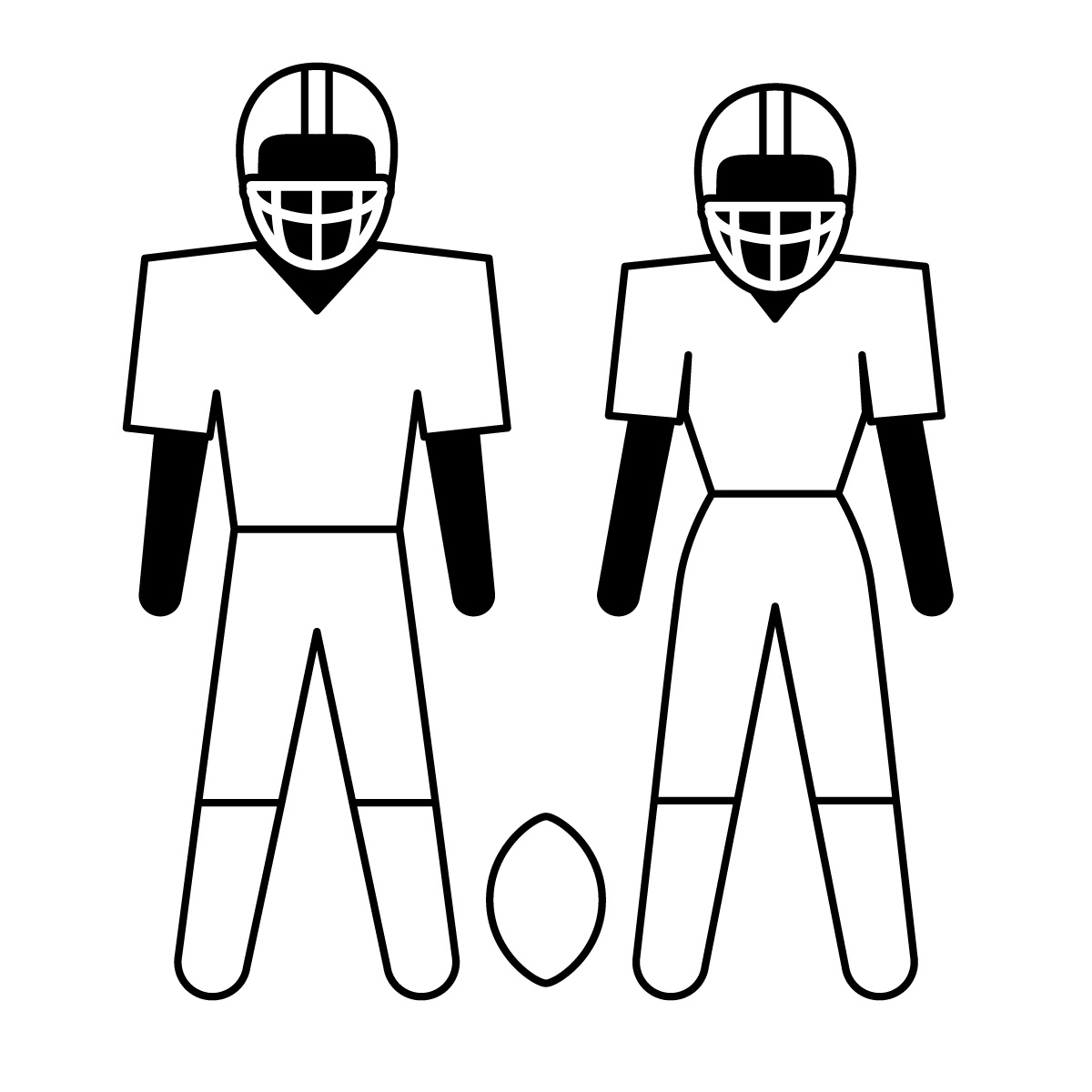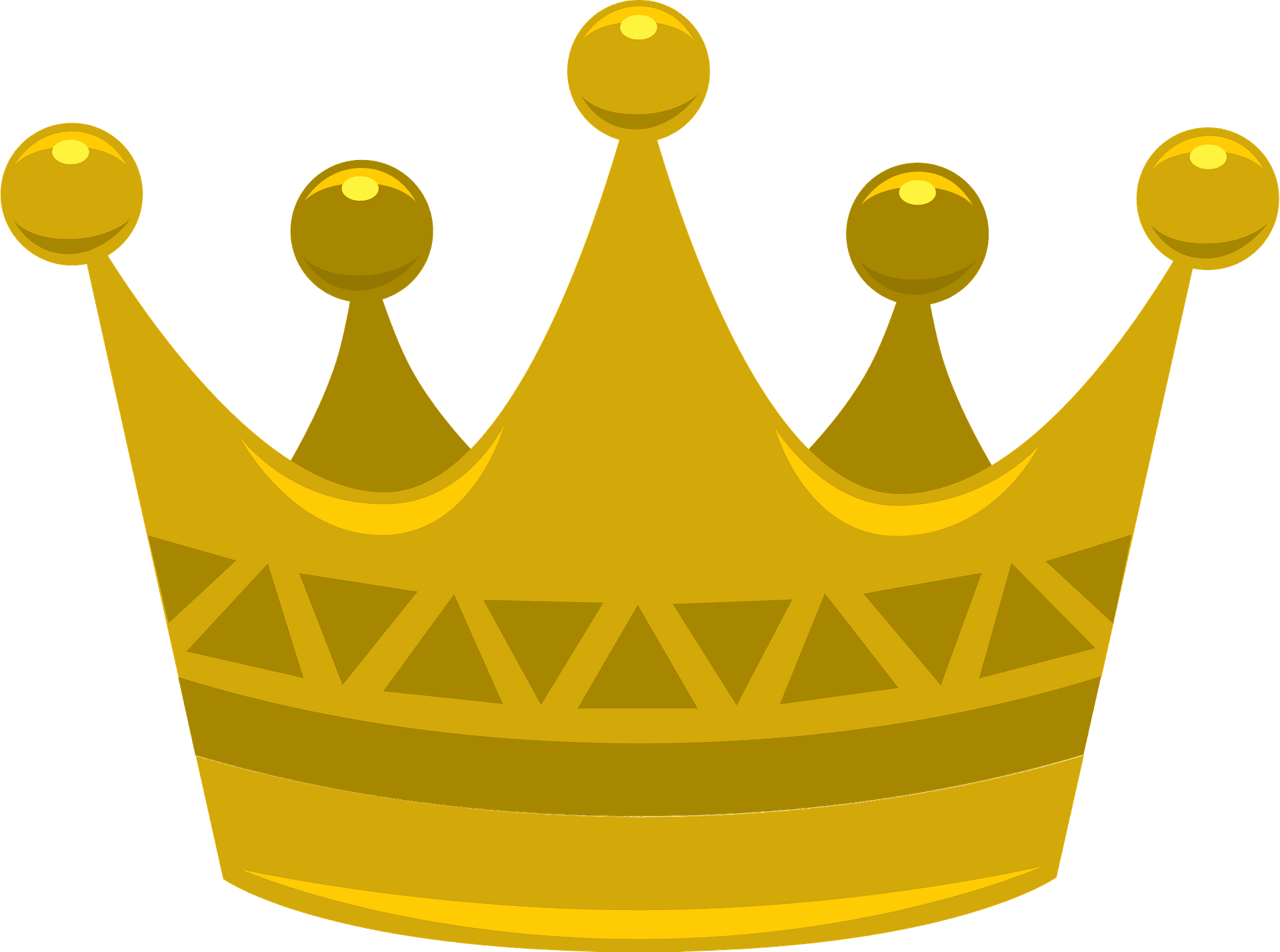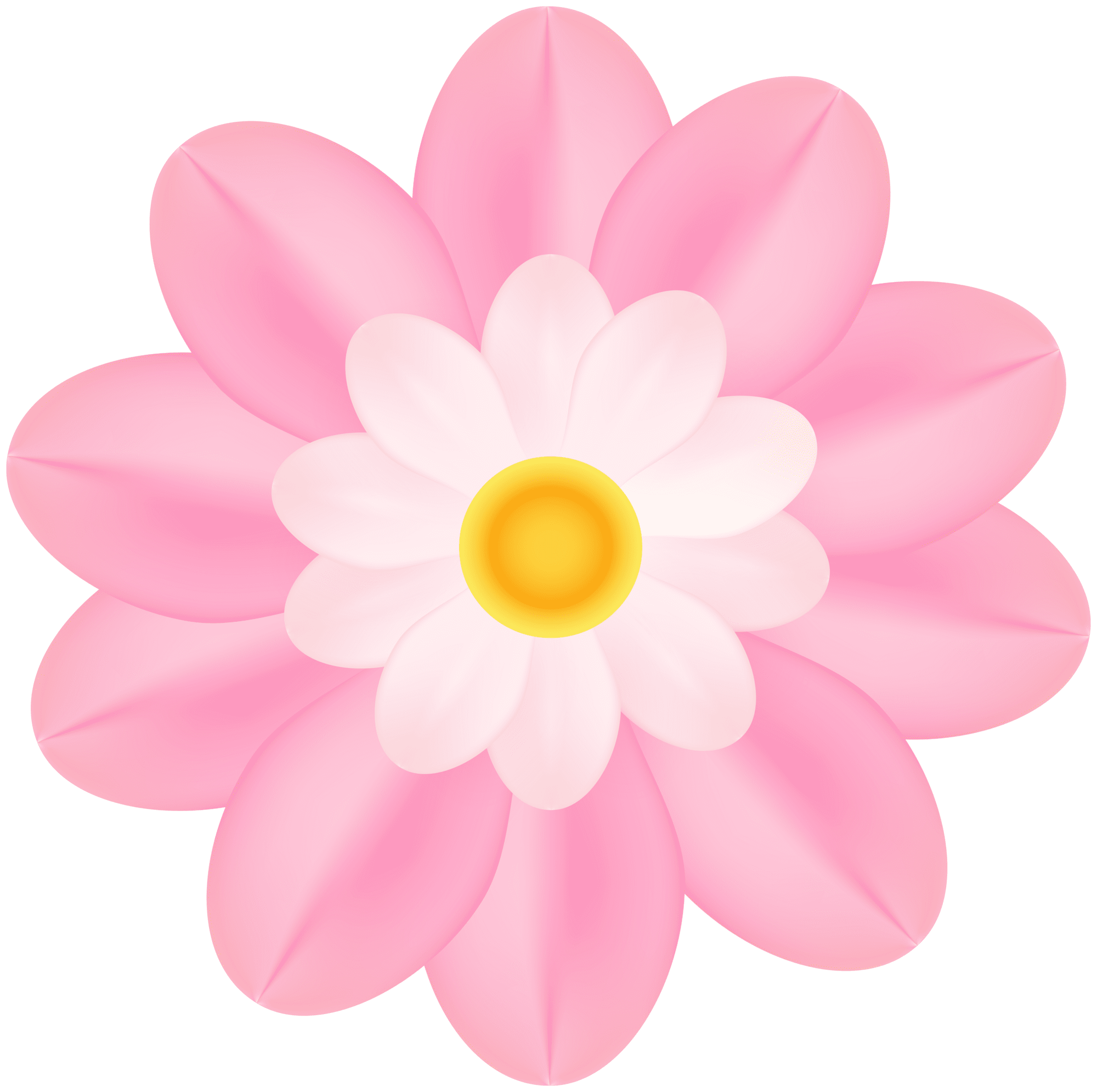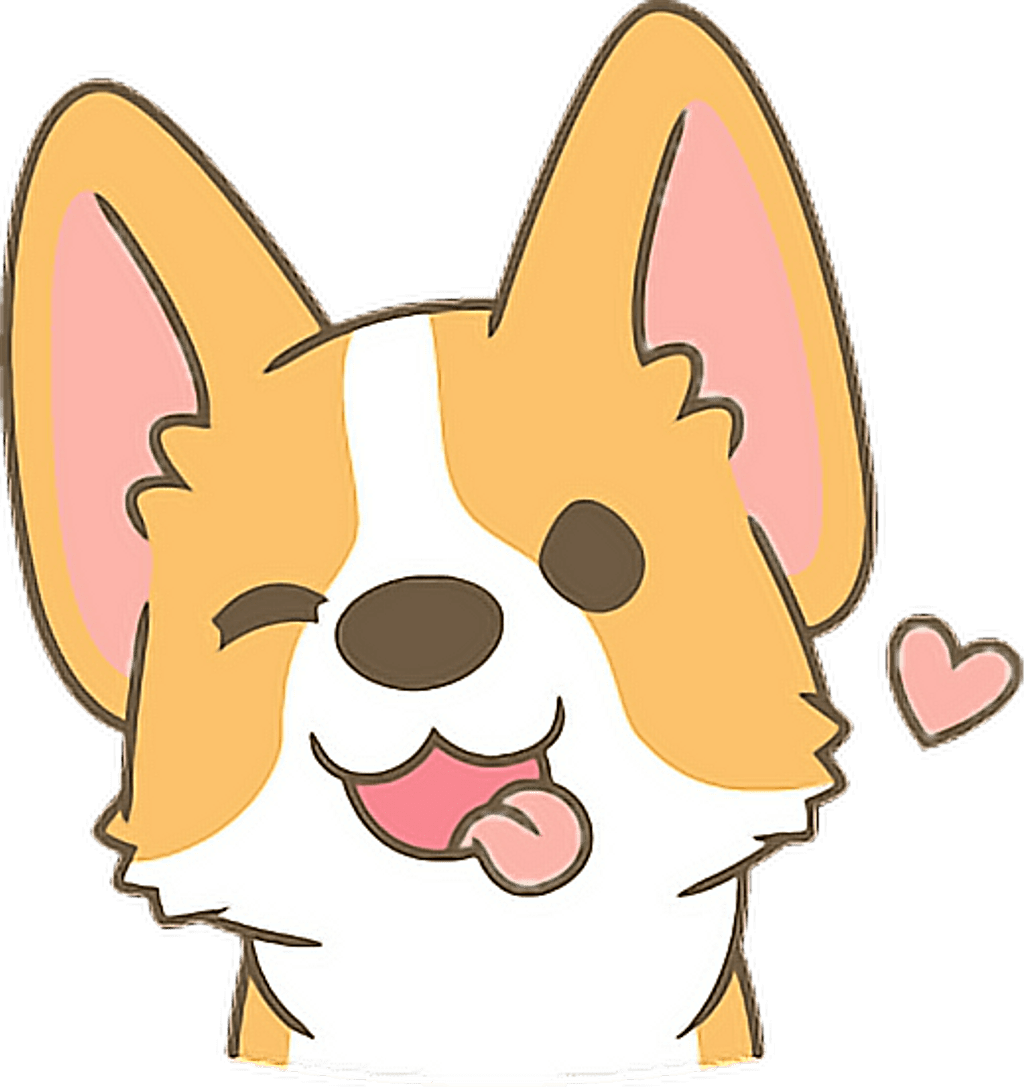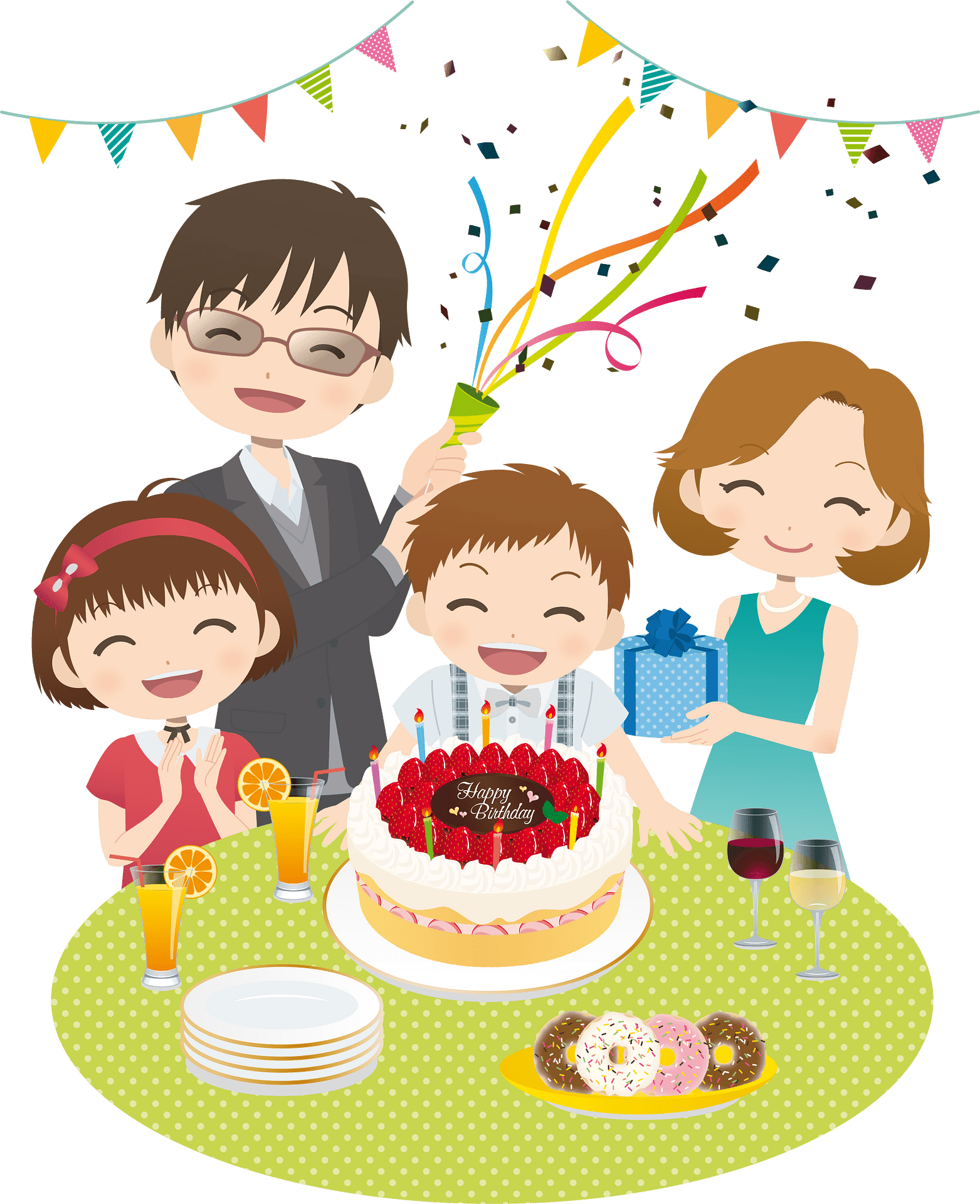Teamwork Clipart
Teamwork refers to a cooperative process where a group of people work together, combining their individual skills and strengths, to achieve a common goal. More than the sum of its parts, an effective team capitalizes on the diversity of perspectives and talents, empowering its members to excel.
In schools, workplaces, the military, charities, sports, disaster response, and countless other settings, the coordinated efforts of a team allow otherwise impossible outcomes to be met efficiently. As such, knowing how to participate in and lead teams has become an essential competency in today’s interconnected world.
Benefits of Teamwork
Synergy lies at the heart of a truly cohesive team, where the end result exceeds what any one person could do alone. Teams enhance:
Productivity & Efficiency: Delegation of tasks reduce workloads. Different insight applied to problems boosts solutions. Streamlined communication and processes speed coordinated activity.
Skill Development: Teams access a greater pool of competencies. Members cross-train each other and develop new skills. Diverse viewpoints spark creative growth.
Morale & Engagement: Shared purpose and successes promote camaraderie. Teams enable achievement through collaborative abilities members didn’t know they had.
Key Elements of Effective Teams
Certain intrinsic practices and qualities set apart teams that “click” together:
Common Goals: All understand the shared end-goal and purpose behind team actions. Goals focus efforts, gauge progress, and give meaning to teamwork.
Clear Roles: Complementary roles reduce overlap and take advantage of people’s unique strengths. Trust develops from reliability.
Open Communication: Ideas and concerns openly exchanged build rapport and refinement of processes. Active listening facilitates understanding.
Cooperation: Members support each other, making individual and group success interdependent. Wins and losses test and strengthen unity.
Developing Good Teamwork
Great teams share bonds strengthened through:
Trust Building: Vulnerability and expressions of belief in each other, specially during moments of uncertainty.
Conflict Resolution: Addressing disagreements early before they disrupt group dynamics. Finding common ground.
Diversity & Inclusion: Creating an environment where all perspectives feel welcomed to contribute builds self-confidence and flexibility.
Achievement Recognition: Taking time to acknowledge examples of good teamwork or milestone accomplishments.
Teamwork Challenges
When things aren’t clicking, common pitfalls trip up team potential:
Lack of Commitment: Members disengage, missing meetings and deadlines, letting the team down.
Poor Leadership: Without direction, coordination suffers. Leaders unable to connect members undermine morale and progress.
Unclear Objectives: When members don’t understand or agree with goals, energy scatters and diffuses.
Interpersonal Conflicts: Personal differences and friction between members stresses cooperation, productivity and cohesion.
Improving Teamwork Skills
Fundamentals to emphasize in order to enhance cooperation:
Active Listening: Fully concentrating on others’ messages builds empathy and shared understanding.
Responsibility: Following through reliably on assignments supports other members’ efforts.
Compromise & Consensus: Flexibility to find middle-ground when disagreements happen or opinions differ.
Constructive Feedback: Non-critical feedback appreciating strengths alongside suggestions for improvement empowers change.
Celebrating Teamwork
Taking time to acknowledge and commemorate team accomplishments and demonstrations of teamwork skills greatly reinforces good practices. This might happen through:
Awards Events: Special occasions to hand out accolades marking team milestones demonstrate what behaviors are valued.
Certificates: Official documents recognizing service highlight member dedication. Displaying these certificates publicly celebrates collective effort.
Parties or Social Gatherings: Informal celebrations like office mixers, dinners, or recreation activities reinforce rapport between members.
Teamwork Clipart and Graphics
Clipart refers to ready-to-use illustrations, typically with bold outlines and bright, solid colors well-suited for enhancing documents, crafts, presentations, posters, etc. Teamwork clipart usually emphasizes people collaborating harmoniously together through simplified, often metaphorical, imagery of different characters actively working towards collective goals.
Uses of Teamwork Clipart
Teamwork clipart helps strengthen cooperative spirit across:
Newsletters & Presentations: Uplifting graphics grab interest to supplement information on group progress and events.
Signage & Posters: Visual reminders of collaborative values displayed in offices, schools, public spaces promote on-message environments.
Swag Items: Apparel, mugs, stickers adorned with teamwork motifs make morale-boosting gifts, prizes, or promotional material.
Styles of Teamwork Clipart
Artistic interpretations of teamwork concepts include:
Colorful & Abstract: Minimal details brought alive through lively colors and flowing shapes exude energetic harmony.
Retro & Vintage: Faded nostalgic styles hearken to traditional Americana pioneering, industrial labor, community barn raisings.
Minimalistic: Clean simplicity conveys message clearly. Limited subtle shapes and lines express essence of connectivity.
Whimsical & Fun: Playful graphics portray animals or fantastical characters cooperating with childlike joy.
In this page clipartix present 38 teamwork clipart images free for designing activities. Lets download Teamwork Clipart that you want to use for works or personal uses.
